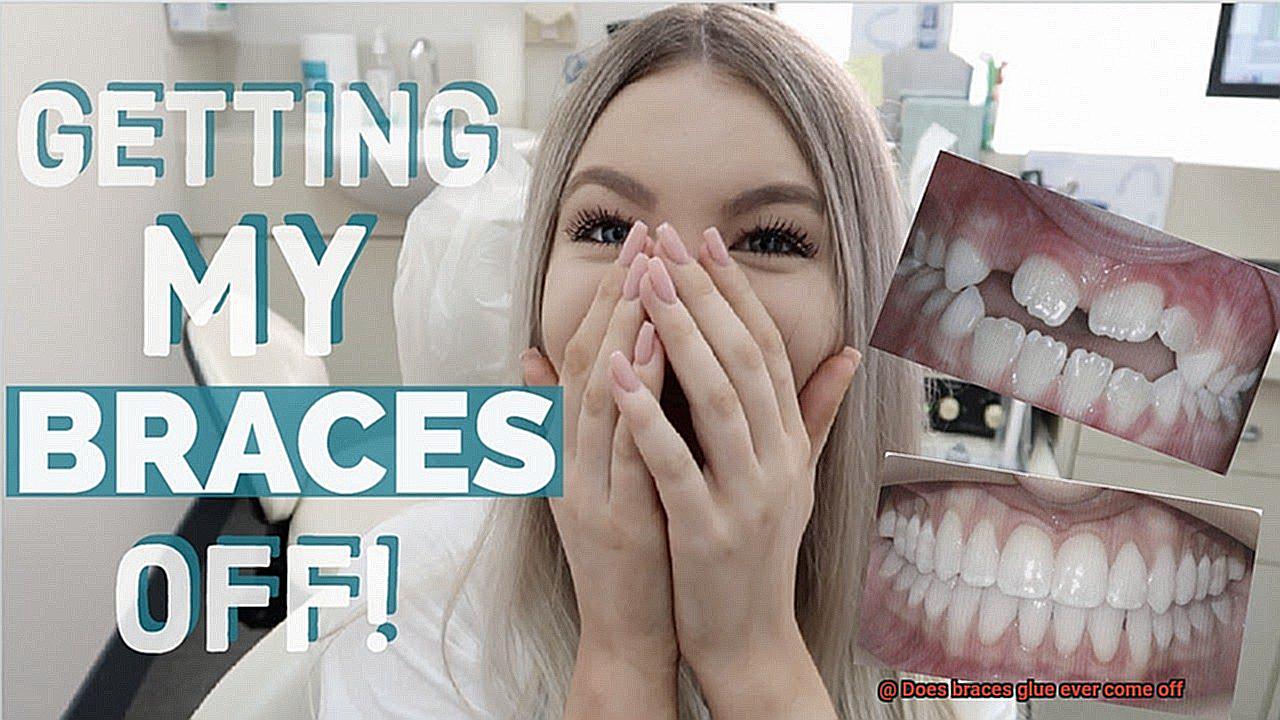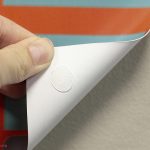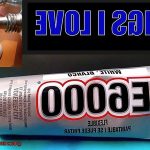Braces have revolutionized orthodontics, giving countless people the chance to achieve a perfect smile. But here’s the thing – does braces glue ever come off? It’s a question that often pops up during orthodontic treatment, and it’s an important one too. After all, the durability of the adhesive used to secure braces is crucial for effective and long-lasting treatment.
In this blog post, we’ll dive into this sticky subject, exploring the nature of braces glue and what factors can cause it to come off. By understanding the ins and outs of this issue, you’ll be armed with knowledge to confidently navigate your orthodontic journey and make informed decisions about your oral health.
Braces glue, also known as orthodontic adhesive, plays a pivotal role in successful orthodontic treatments. It bonds brackets securely to your teeth, allowing wires to apply pressure and gradually shift them into alignment. While this adhesive is designed to withstand everyday wear and tear, there are instances where it can get dislodged.
One common reason for braces glue coming off is eating certain foods or engaging in habits that strain the brackets excessively. Sticky candies, chewing on hard objects, or even using your front teeth to bite into food can weaken the adhesive bond and lead to detachment. Neglecting proper oral hygiene can also result in plaque buildup around the brackets, compromising the adhesive and increasing the chances of detachment.
Accidental trauma is another culprit that can dislodge braces glue. A fall or a forceful impact to your face can disrupt the bond between brackets and teeth. While orthodontic adhesive is tough stuff, unforeseen incidents can sometimes break that bond and require a visit to your orthodontist for repair.
Understanding what happens when braces glue becomes detached is essential. When the adhesive fails, it hampers how well your braces work, slowing down progress and potentially causing discomfort. Misaligned brackets can lead to inadequate tooth movement, increased treatment duration, and even additional costs for repairs.
In the next sections of this blog post, we’ll explore preventive measures you can take to minimize the risk of braces glue coming off. We’ll also discuss what steps to take if the adhesive does become dislodged, emphasizing the importance of seeking professional help promptly.
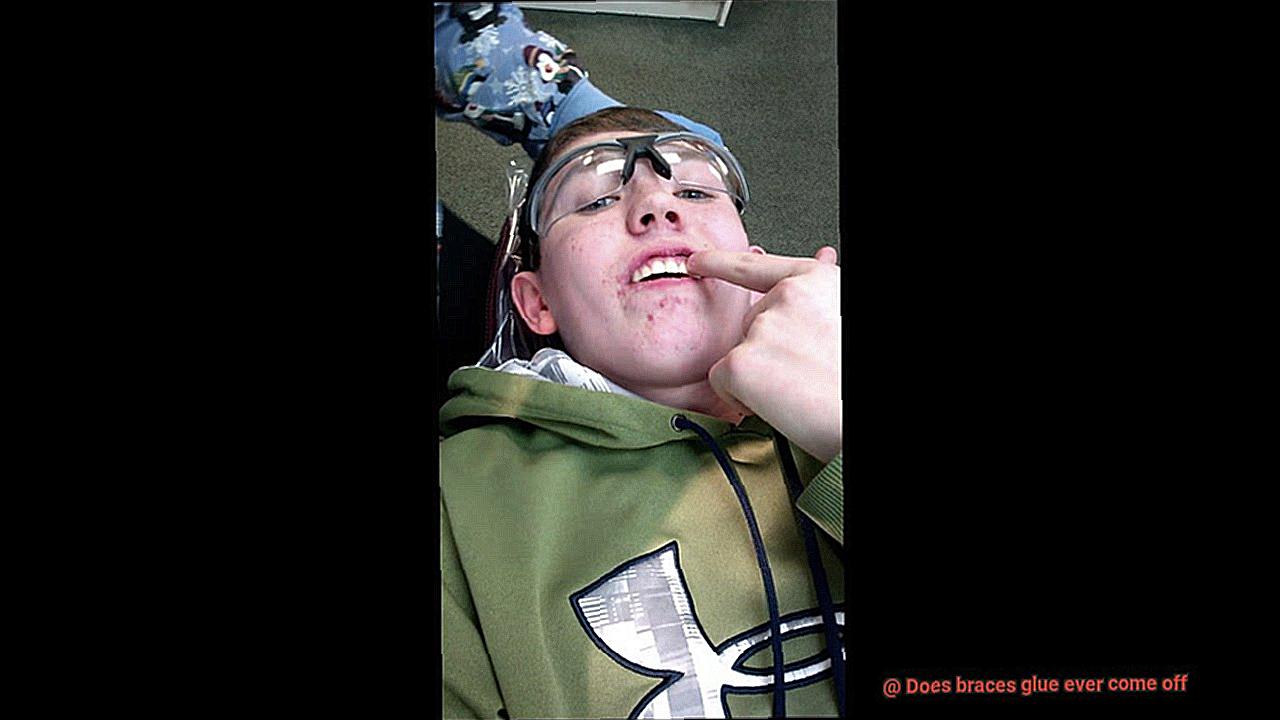
So, does braces glue ever come off? It’s a question worth pondering. Stick around (pun intended) as we uncover the answers together.
What is Braces Glue?
Contents
- 1 What is Braces Glue?
- 2 When Does Braces Glue Come Off?
- 3 What to Do if Braces Glue Comes Off?
- 4 Reapplying Braces Glue
- 5 Alternative Methods for Securing Brackets
- 6 No Need to Worry If Braces Glue Comes Off
- 7 Prevention Tips for Keeping Braces Glue in Place
- 8 Following the Orthodontist’s Instructions
- 9 Conclusion
Braces glue, also known as orthodontic adhesive, is the unsung hero of orthodontic treatment. It’s the invisible force that holds those tiny brackets firmly in place, allowing your orthodontist to work their magic and give you a beautiful smile. Join us as we dive into the captivating world of braces glue, exploring its composition, strength, and vital role in the braces system.
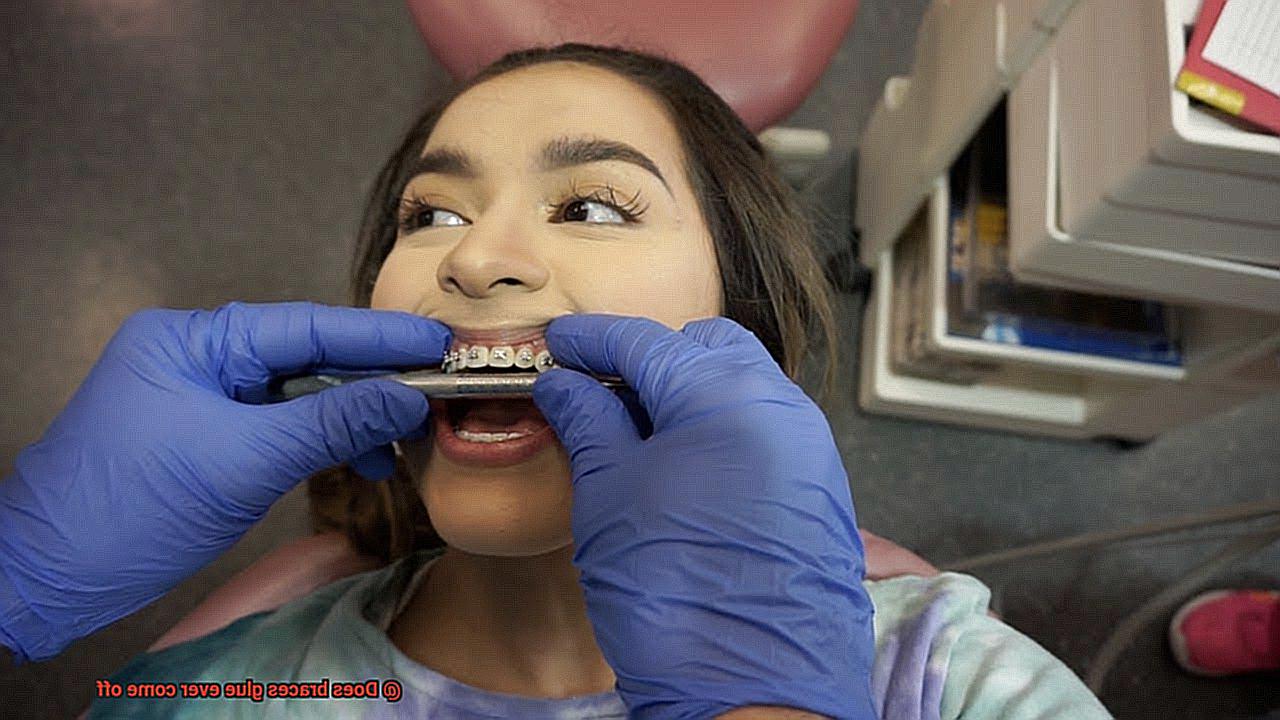
The Composition: A Formula for Success
Braces glue is no ordinary adhesive; it’s a special resin-based material designed specifically for orthodontic use. Combining polymers and fillers, this unique formulation creates a robust and durable adhesive capable of withstanding the constant forces applied during treatment. Its primary task? Bonding both the bracket and the tooth enamel securely.
The Strength: Resisting the Tides
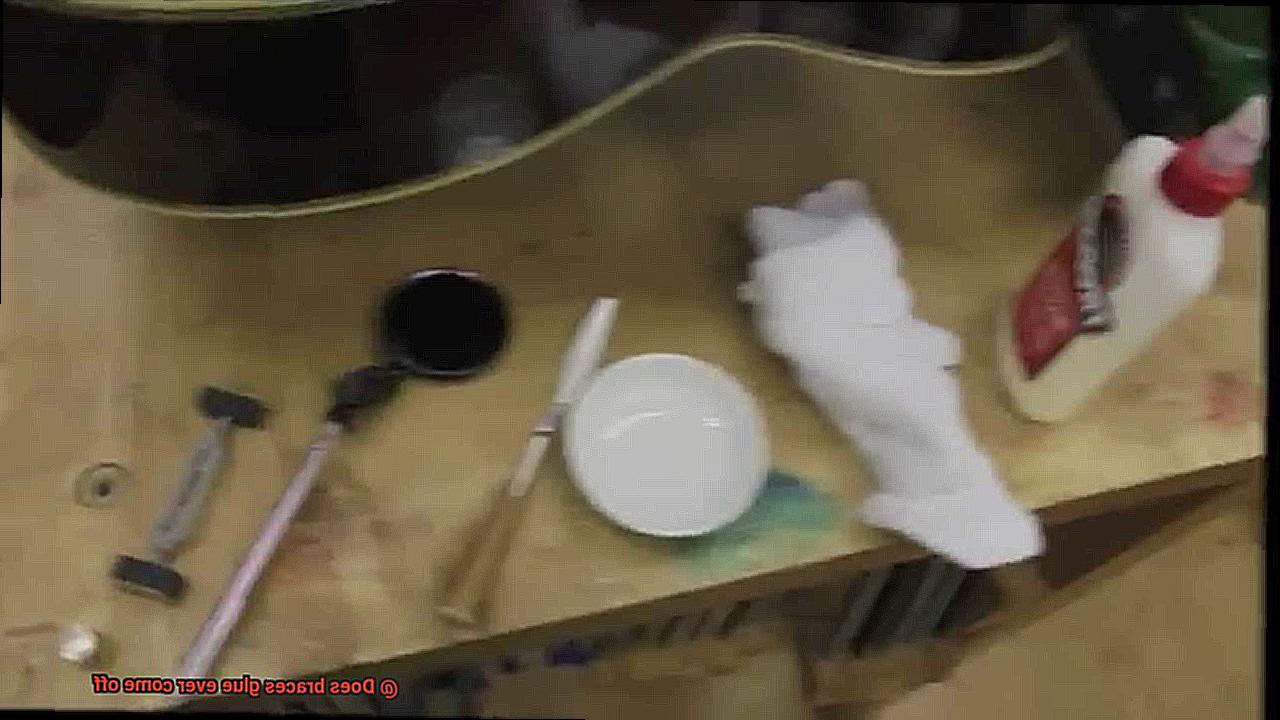
Imagine the incredible forces at play in your mouth as your orthodontist gently guides your teeth into alignment. Braces glue must possess unwavering strength to resist these mighty forces without budging. It acts as a steadfast companion, ensuring that your brackets stay firmly attached to your teeth throughout your treatment journey.
The Application: Precision and Speed
Braces glue comes in various forms, each offering distinct advantages. The paste form provides orthodontists with precise control during application, allowing them to delicately position each bracket. Adhesive pads, on the other hand, offer convenience and speed, eliminating the need for manual application. Whichever form is used, the bonding process involves meticulous cleaning and preparation of the teeth, precise adhesive application, careful bracket positioning, removal of excess glue, and final curing with a specialized light.
Maintenance and Care: Nurturing the Bond
While braces glue is designed to be durable, it’s not invincible. Factors like poor oral hygiene, consuming certain foods or drinks, or applying excessive force on the brackets can lead to its detachment. Regular visits to your orthodontist and practicing good oral hygiene are essential for promptly addressing any issues with braces glue, ensuring the stability of your treatment.
When Does Braces Glue Come Off?
Braces glue, also known as orthodontic adhesive, is the superhero of orthodontic treatment. It’s the mighty glue that attaches the brackets to your teeth, keeping them in place as you embark on your journey to a straighter smile. But like any hero, braces glue has its limits and eventually bids farewell. So, when can you expect this invisible hero to make its exit?
The timing of when braces glue comes off can vary from person to person. Several factors influence this process, including your oral hygiene habits, the type of adhesive used, and the duration of your orthodontic treatment.
Maintaining good oral hygiene during your orthodontic treatment is crucial. Diligently brushing and flossing will prevent plaque buildup around the brackets and reduce the risk of premature detachment of the braces glue. Poor oral hygiene weakens the adhesive bond, making it more likely for the braces glue to come off.
The type of adhesive used also affects when braces glue comes off. Orthodontists use different adhesives depending on individual needs and treatment goals. Some are more resistant to wear and tear, while others are easily removable. Discuss with your orthodontist the specific adhesive used in your treatment to get a better idea of when it may come off.
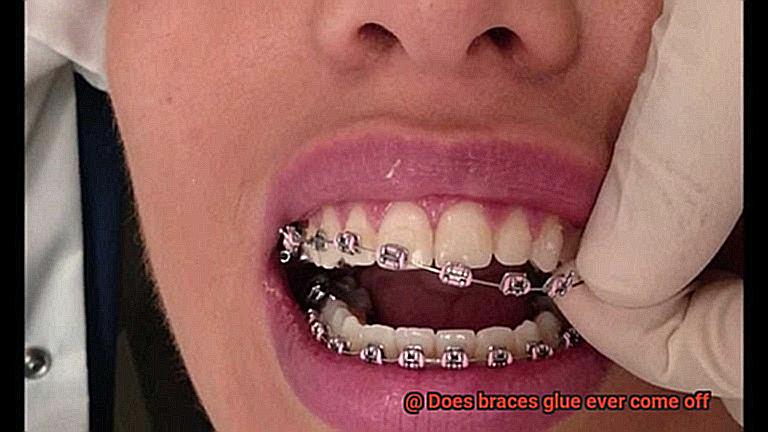
The duration of your orthodontic treatment plays a role as well. The longer you wear braces, the more time there is for natural wear and tear to occur. Over time, the braces glue may deteriorate, resulting in small pieces or flakes detaching from the teeth or brackets. This is normal and should not cause concern.
When it’s finally time to remove your braces, a dental professional will carefully detach the brackets from your teeth using special tools. This process breaks the adhesive bond between the brackets and your teeth, causing the braces glue to come off completely. Any remaining adhesive residue can be gently polished off, leaving your teeth smooth and free of any remnants of braces glue.
If you notice a significant amount of braces glue coming off prematurely or have concerns about your treatment progress, contact your orthodontist for evaluation. They can address any issues and ensure that your journey to a straighter smile stays on track.
What to Do if Braces Glue Comes Off?
Embarking on the journey of braces is an exciting step towards a beautiful smile. However, there may be instances when braces glue comes off or a bracket becomes loose. It’s important to stay calm and take immediate action to prevent further discomfort or complications. In this article, we’ll guide you through the steps to take if braces glue comes off, ensuring your orthodontic treatment stays on track.
Step 1: Keep it Clean:
The first step is to keep the affected area clean. Gently brush around the loose bracket using a soft-bristled toothbrush. This will effectively remove any food particles or debris that might have accumulated, preventing discomfort or additional issues.
Step 2: Temporarily Stabilize with Wax:
If the bracket is still attached to the wire but has become loose, you can use orthodontic wax as a temporary solution. Roll a small piece of wax into a ball and cover the bracket completely. This will provide stability and prevent irritation or discomfort while you wait for professional assistance.
Step 3: Contact Your Orthodontist:
It’s crucial to contact your orthodontist or dentist right away. They are the experts who can give you specific instructions based on your situation and may schedule an emergency appointment if necessary. Remember, only your orthodontist should handle reattaching loose brackets using appropriate materials and techniques.
Step 4: Rinse with Saltwater:
In case the loose bracket causes discomfort or inflammation, rinsing with warm saltwater can offer relief. Dissolve half a teaspoon of salt in a glass of warm water, swish it around your mouth for about 30 seconds, and spit it out. This simple rinse can alleviate symptoms until you see your orthodontist.
Step 5: Watch What You Eat:
To prevent further damage, avoid hard, sticky, or chewy foods while you have a loose bracket. Opt for softer foods that are easier to chew, such as mashed potatoes or scrambled eggs. This will minimize the risk of the bracket coming off completely or causing additional problems.
Reapplying Braces Glue
Reapplying braces glue is a common concern for individuals who wear braces. The glue, also known as orthodontic adhesive, is used to attach the brackets to the teeth. While the glue is designed to be strong and withstand the pressures of daily activities, there are instances when it may come off or need to be reapplied.
Accidental damage is one of the main culprits for braces glue coming off. Biting into hard or sticky foods can exert excessive pressure on the brackets, causing them to detach from the teeth. Imagine sinking your teeth into a tempting caramel apple, only to feel your brackets giving way – ouch. Engaging in contact sports or physical activities without a mouthguard can also lead to dislodged brackets. So if you’re a sports enthusiast, make sure to play it safe and protect your braces.
Another factor that can cause braces glue to come off is poor oral hygiene. Neglecting proper oral care allows bacteria and plaque to accumulate around the brackets, weakening the adhesive bond. This buildup can eventually lead to the glue coming off and your brackets becoming loose. Take your orthodontist’s instructions on brushing and flossing techniques seriously to maintain good oral hygiene throughout your treatment.
Wear and tear is another enemy of braces glue. The constant pressure from eating and speaking can gradually weaken the adhesive bond, causing it to give way over time. Additionally, certain acidic foods and beverages can break down the adhesive, making it more prone to coming off. Be mindful of what you consume during your orthodontic treatment and try to avoid overly acidic or sticky foods.
When it comes to reapplying braces glue, it’s best to leave it to the professionals – your trusty orthodontist. They are trained in the proper application techniques and have access to high-quality dental adhesives that you won’t find at your local drugstore.
Your orthodontist will carefully clean and prepare your teeth before applying a fresh layer of adhesive and reattaching the brackets. Trying to do it yourself may seem tempting, but improper bonding can lead to discomfort, loose brackets, or even the need for additional orthodontic work. So save yourself the trouble and consult with your orthodontist.
Alternative Methods for Securing Brackets
Here, we’ll explore some exciting options that can be used instead of traditional dental adhesive. Let’s dive in.
One alternative method for securing brackets is the use of bonding materials such as composite resin or glass ionomer cement. These materials are applied directly to the teeth and then cured with a special light, creating a strong bond with the brackets.
The advantages of using bonding materials include enhanced aesthetics and a strong bond.
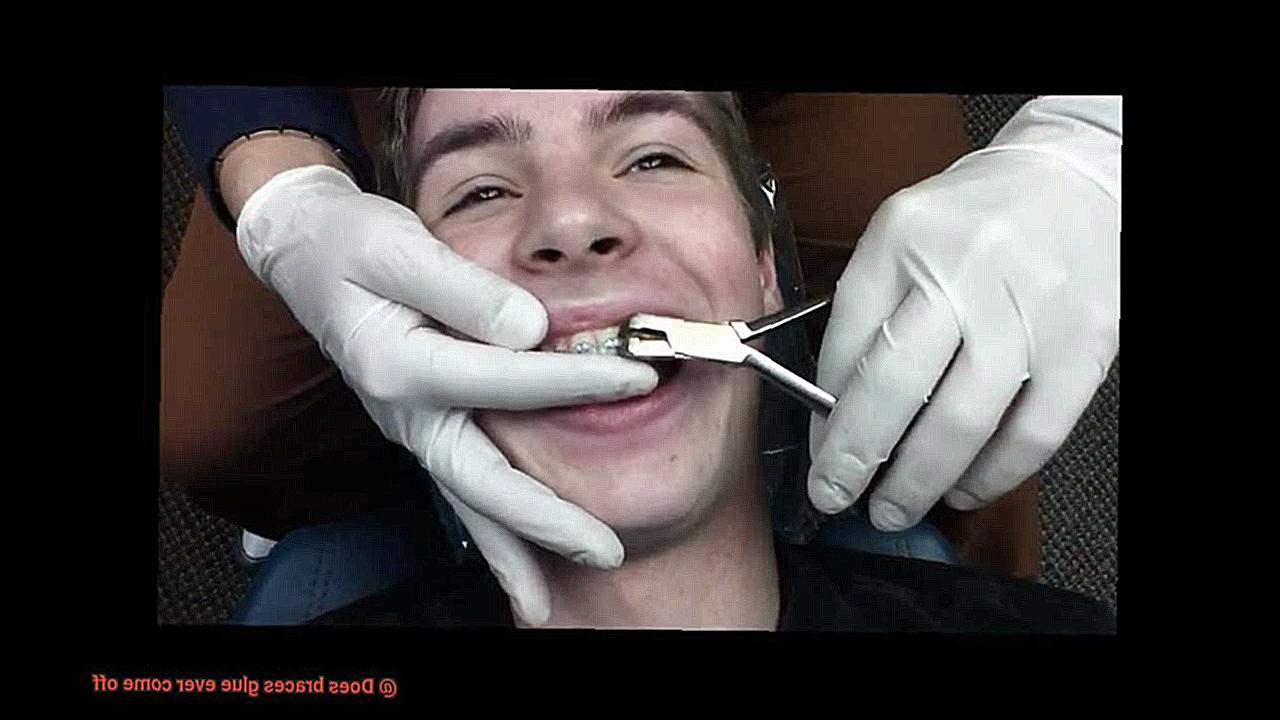
Unlike braces glue, bonding materials can be color-matched to your teeth, making them virtually invisible. Additionally, the direct application of bonding materials ensures a secure hold for the brackets, minimizing the risk of them coming loose.
Another alternative method gaining popularity is the use of self-ligating brackets. Unlike traditional brackets that require elastic bands or metal ligatures to hold the archwire in place, self-ligating brackets have a built-in mechanism that secures the wire without the need for additional materials.
The advantages of self-ligating brackets include reduced friction and easier oral hygiene. Self-ligating brackets have a smoother surface, reducing friction between the bracket and archwire, resulting in more comfortable treatment and potentially faster tooth movement.
Without elastic bands or ligatures, it’s also easier to brush and floss around self-ligating brackets, promoting better oral hygiene.
For more complex orthodontic cases, orthodontists may offer temporary anchorage devices (TADs) as an alternative to traditional bracket placement. TADs are small screws or mini-implants that are inserted into the jawbone to provide additional support and stability for orthodontic treatment.
The advantages of TADs include increased treatment options and greater control over tooth movement. TADs allow orthodontists to move teeth in ways that were previously not possible with traditional brackets alone. They also provide a stable anchorage point, allowing orthodontists to precisely control tooth movement.
If you’re looking for a bracket-free option, removable aligner systems like Invisalign might be the perfect fit for you. Instead of brackets and adhesive, a series of clear aligners are worn over the teeth to gradually move them into alignment. The advantages of removable aligner systems include aesthetic appeal, as the clear aligners are virtually invisible. They also offer convenience, as the aligners can be easily removed for eating, brushing, and flossing.
No Need to Worry If Braces Glue Comes Off
Before panic sets in, take a deep breath and relax. Trust me, as an expert in this field, I can assure you that there is no need to worry. Let’s dive into why.
First things first, let’s understand why braces glue may come off in the first place. It could be due to a multitude of reasons such as chowing down on hard or sticky foods, accidentally biting on objects, or even experiencing a minor mouth mishap. These everyday activities can put stress on the brackets, causing the adhesive to weaken or break.
But fear not. Your orthodontist is here to save the day. They have the skills and tools needed to reattach those brackets securely. In some cases, the bracket may still be attached to the wire even if the glue has come off. As long as it remains in place and doesn’t cause any discomfort, there’s no need to stress.
However, if the bracket becomes loose or falls off completely, it’s time to give your orthodontist a ring. They’ll schedule a repair appointment to address the issue promptly. It’s essential not to take matters into your own hands by attempting to reattach the bracket yourself using over-the-counter dental adhesive products. Trust me, those won’t provide the same strength and durability as professional orthodontic adhesive.
During your repair appointment, your orthodontist will work their magic. They’ll begin by thoroughly cleaning both the bracket and your teeth before reapplying the braces glue. With precision and care, they’ll ensure that the bracket is properly aligned and securely bonded to the tooth surface.
Now here’s an important tidbit – follow any instructions given by your orthodontist after a bracket has come off. This may include avoiding certain foods or activities that could cause further damage or dislodgement of the brackets. It’s all part of the journey to a perfect smile.
Don’t forget the power of regular check-ups. These appointments are crucial during your orthodontic treatment. They allow your orthodontist to keep an eye on your braces’ condition and address any issues promptly. Trust in their expertise, and together, you’ll conquer any loose or dislodged brackets that may come your way.
Prevention Tips for Keeping Braces Glue in Place
Orthodontic treatment is a journey that requires the braces to stay securely attached to your teeth. However, there are instances when the braces glue may come off, causing discomfort and potential setbacks in your treatment. To ensure a smooth and successful orthodontic journey, it is important to follow these prevention tips for keeping braces glue in place.
Maintain Excellent Oral Hygiene:
The foundation of preventing braces glue from coming off starts with good oral hygiene. Brush your teeth and braces after every meal or snack using a soft-bristled toothbrush and fluoride toothpaste. Take the time to clean all surfaces of your teeth, including around the braces. Regular flossing is also crucial to remove any trapped food particles that can weaken the glue and lead to its dislodgement.
Beware of Sticky and Hard Foods:
Avoiding certain foods can make a significant difference in keeping your braces glue intact. Stay away from sticky or chewy treats like caramel, chewing gum, or toffee that can easily dislodge the glue. Similarly, hard foods such as nuts, ice cubes, or hard candies should be avoided as they can exert excessive pressure on the braces. Opt for softer alternatives that are less likely to damage the adhesive.
Chew with Care:
Taking smaller bites and chewing slowly and carefully can reduce the risk of damaging your braces or dislodging the glue. Cutting food into smaller pieces makes it easier on your braces and reduces the chance of accidents while eating. Be mindful of how you chew and take your time to ensure that you are not putting unnecessary strain on your braces.
Protect Your Braces During Physical Activities:
If you enjoy playing sports or engaging in activities that involve contact with your mouth, wearing a mouthguard is crucial. A mouthguard acts as a protective barrier for both your braces and the adhesive, preventing any potential damage or dislodgement. Invest in a custom-fitted mouthguard that provides the best protection and comfort during physical activities.
Regular Orthodontic Check-ups:
Regular visits to your orthodontist are essential for maintaining proper care of your braces. Your orthodontist will check for any loose brackets or bands and make necessary adjustments. Be sure to report any discomfort or unusual sensations experienced while wearing braces, as early detection can prevent issues with the glue. By attending regular check-ups, you can ensure that your braces are in good condition and the adhesive is secure.
Following the Orthodontist’s Instructions
When it comes to braces, there’s nothing worse than loose glue. That’s why it’s absolutely crucial to follow your orthodontist’s instructions. They’re like the captain of your orthodontic journey, guiding you through treacherous waters towards a smooth and successful voyage to a perfect smile.
Let’s dive deep into why following the orthodontist’s instructions is so important. Firstly, your orthodontist plays a vital role in ensuring the glue stays strong and secure. They have the knowledge and expertise to choose the right type of glue and apply it properly. By following their instructions, you’re ensuring that the glue won’t abandon ship, leaving your brackets adrift.
But what happens if you don’t follow those instructions? Well, the consequences can be a little sticky. One potential outcome is that the glue may come off, causing your brackets to detach from your teeth. Not only is this uncomfortable, but it can also disrupt your treatment progress and even prolong your journey to a straight smile.
To avoid this sticky situation, it’s important to properly care for your braces and maintain the integrity of the glue. This means brushing and flossing regularly to keep plaque at bay. It also means avoiding certain foods or habits that can damage your braces, such as chewing on ice or biting into hard candies.
Now, let’s debunk some common mistakes or misconceptions patients may have about braces glue. Some people think that once the glue is applied, they’re good to go and can slack off on oral hygiene. But that couldn’t be further from the truth. Neglecting proper care can lead to plaque buildup around the brackets, which weakens the glue and increases the risk of it coming off.
To really drive this point home, let’s hear from some orthodontists and patients who have experienced issues with braces glue. They emphasize the importance of following instructions and share their stories of loose glue causing setbacks in their treatment. It’s like a cautionary tale, warning us to heed the orthodontist’s guidance.
So, why should you diligently follow the orthodontist’s instructions? Well, besides avoiding the hassle of loose glue and potential setbacks, there are other benefits as well. By taking care of your braces and following instructions, you can actually speed up your treatment time and achieve better overall results. It’s like catching a favorable wind that propels you towards your destination faster than you ever imagined.
Conclusion
Braces glue, also known as orthodontic adhesive, is a strong and durable material used to attach braces to teeth. While it is designed to withstand the daily wear and tear of braces treatment, there are instances where the glue can come off.
Over time, the constant pressure and movement from braces can weaken the adhesive bond between the brackets and teeth. This can result in the glue becoming loose or completely detaching from the tooth surface. Additionally, certain habits like biting on hard objects or eating sticky foods can further compromise the integrity of the adhesive.
When braces glue does come off, it is important to seek professional assistance from your orthodontist. They will be able to assess the situation and determine whether a repair or replacement is necessary. Attempting to fix it yourself may lead to improper alignment of the brackets or potential damage to your teeth.
In some cases, orthodontists may use a stronger type of adhesive or bonding agent if they anticipate issues with regular braces glue coming off frequently. These alternative options provide a more secure bond and reduce the chances of brackets becoming loose.
To maintain optimal oral health during braces treatment, it is crucial to follow your orthodontist’s instructions regarding diet and oral hygiene practices. By avoiding sticky foods and practicing good oral hygiene habits, you can minimize the risk of braces glue coming off prematurely.
In conclusion, while braces glue is designed to be sturdy and long-lasting, it can come off due to various factors such as pressure from braces or certain habits. Seeking professional help from your orthodontist is essential when this happens to ensure proper repair or replacement.

